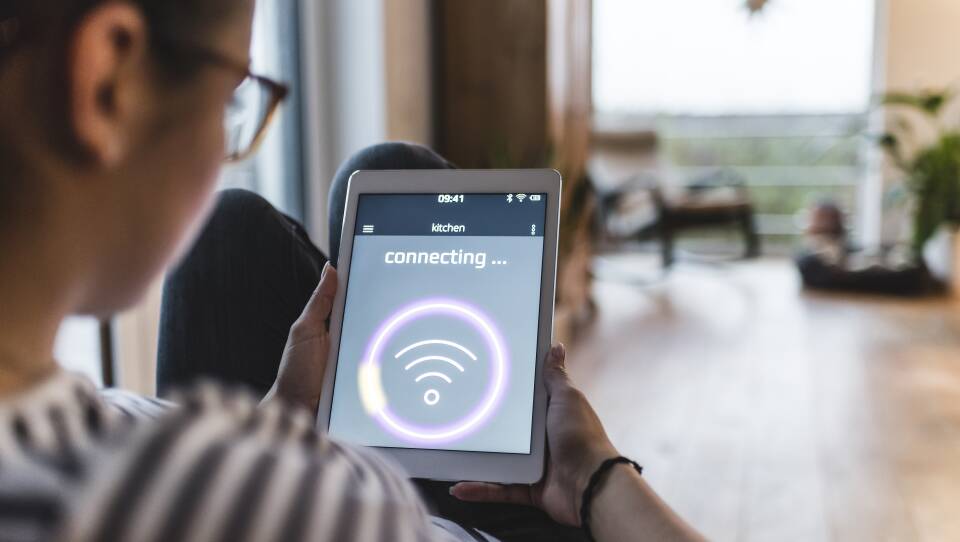Worcester city officials say they’re reviewing a recently released report that highlights sharp disparities in broadband access across the city.
The report by the Worcester Regional Research Bureau found that 61% of low-income households had broadband internet connection in 2019, compared to 93.7% of households earning more than $75,000 annually. The report is based on data from the Census Bureau's most recent American Community Survey, which was released this spring. The authors of the report called on Worcester to address the digital divide by using state and federal funds to invest in municipal broadband and update Wi-Fi infrastructure.
The Worcester City Council will consider that option among others when its Urban Technologies, Innovation and Environment Committee holds a meeting on the new broadband report in June. During a recent interview, Councilor Etel Haxhiaj — who chairs the committee — told GBH News it’s time for Worcester to address longstanding broadband inequities. She said she looks forward to learning about potential solutions during the June meeting.
“A lot of residents have spoken up against this,” Haxhiaj said. “And so I think that as a community, we all agree that we need to have access to quality service.”
Haxhiaj stressed that Worcester must address its broadband issues soon because Wi-Fi disparities compound other socioeconomic and racial inequities. Without reliable at-home internet, it’s hard for people to complete homework, apply for jobs and pursue other economic opportunities.
“Those intersections … are very glaring,” Haxhiaj said.
The COVID-19 pandemic has highlighted the sharp disparities in broadband access around Worcester, especially for students. When Worcester Public Schools transitioned to remote learning in March 2020, the district used federal funds to provide 7,700 Wi-Fi hotspots to students without reliable home internet connections.
But the Worcester Regional Research Bureau report said such emergency measures aren’t sustainable long-term solutions. According to the report, 8,509 Worcester Public School students — nearly one-third of the district’s total enrollment — did not have broadband internet service at home in March 2021.
“As more educational resources transition to being online, students without internet access at home will continue to find themselves at a disadvantage,” the report said.
The authors added that historically underserved communities in Worcester — such as Main South and Great Brook Valley — have less reliable Wi-Fi than other areas. And although 19% of Worcester households lacked broadband in 2020 compared to about 24% in 2017, that improvement is mostly due to smartphone use. If you remove cellphone-only users, broadband access has actually shrunk in recent years.
The report attributed some of Worcester’s broadband problems to a lack of competition among service providers. Charter-Spectrum has a near monopoly on Worcester’s broadband market, the report said, which “restricts consumer choice and bargaining power.”
Possible solutions include leveraging state and federal funds to expand the city’s broadband access, the report said. Worcester could emulate other Massachusetts communities like Shrewsbury, Salem and Concord by creating its own municipal broadband service.
The city also could partner with private providers to give residents new Wi-Fi options. Verizon is already in the early stages of a multiyear plan to build out a citywide fiber network that would provide broadband and voice services, the report said.
In addition to the City Council’s review of the report, Worcester has a task force that’s investigating ways to expand broadband access. City Manager Edward Augustus has allocated $5.9 million to help enhance broadband infrastructure.








